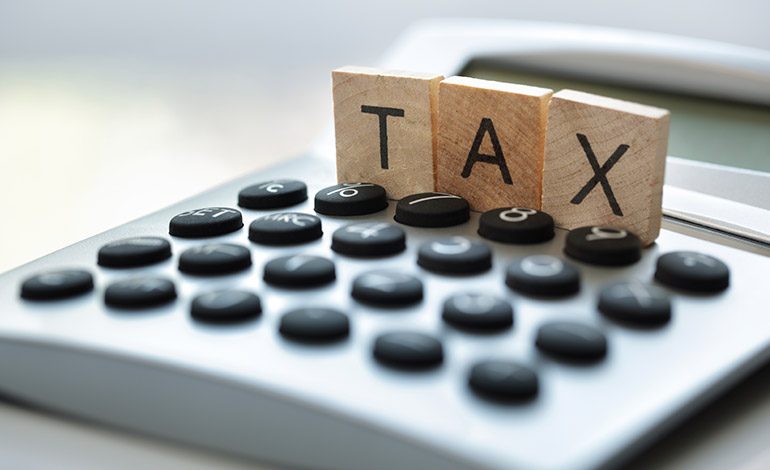The middle class is the tax machine

How to really reform taxes? Gianluca Zappa's italics
The statistics relating to 2022 tax returns were published a few days ago, regarding the 2021 tax year for natural persons.
From the analysis of the data, reworked and edited by the " Social Security Itineraries " Institute, a situation emerges that certainly does not seem to refer to a G7 member country with an economy considered among the most advanced in the world.
The data must be interpreted, but a reality where, out of over 41,000,000 reporting taxpayers:
- 8.8 million people declare between 0 and 7,500 euros gross;
- 7.8 million people declare between 7,500 and 15,000 euros gross;
- only 7.7 million people declare more than 35,000 euros gross;
- only 2.5 million people declare more than 50,000 euros gross.
Italy is therefore a country where 40% of IRPEF taxpayers declare less than 15,000 euros gross, where only 14% declare more than 35,000 euros gross, taking on 62% of the entire IRPEF, a country where to be considered wealthy by for tax purposes it is sufficient to declare an income exceeding 50,000 gross.
However, it is enough to look around and observe the average standard of living of Italians to understand that the published data show an anomalous situation to say the least, with a hidden economic activity that is reluctant to emerge and which generates widespread evasion, of an unfair tax system that considers the middle class to the sort of an ATM to be used to support the system.
The evader, on the contrary, in addition to not paying taxes, benefits from a whole series of concessions and subsidies often granted without verifying their actual need, passing the entire cost on to the community.
The question to ask is the following: is a tax system that hits the middle class so heavily, which is increasingly squeezed downwards, allowing such a large segment of the population to be essentially fiscally invisible, sustainable, acceptable and ethically tolerable? ?
According to the published data, it clearly emerges that our tax system needs to be completely reformed, simplified and made understandable, fairer and more attentive to social dynamics.
A typical example is the necessary rationalization of the approximately 600 "tax expenditures" (i.e. the forest of deductions and deductions that can be used to reduce the tax burden in the tax return) which cost the State approximately 156 billion euros per year.
For a real reform of "tax expenditure" it would be necessary to change perspective: instead of deciding which ones to eliminate, we should instead decide which ones to keep, identifying some issues worthy of support and to be strengthened, such as the home, the family, health, complementary pensions, education and training, assistance and support for the elderly and vulnerable groups, eliminating all the others and using the savings obtained for a significant reduction in tax rates.
The government, with the tax reform enabling law , is called upon to intervene on the imbalances of a tax system that has failed in its mission, that of being understandable and not oppressive, but balanced in requesting resources from citizens by identifying the contributory capacity hidden for the benefit of the entire community and in particular the oppressed middle class. We will see.
This is a machine translation from Italian language of a post published on Start Magazine at the URL https://www.startmag.it/economia/ceto-medio-fisco/ on Tue, 14 Nov 2023 07:10:14 +0000.
